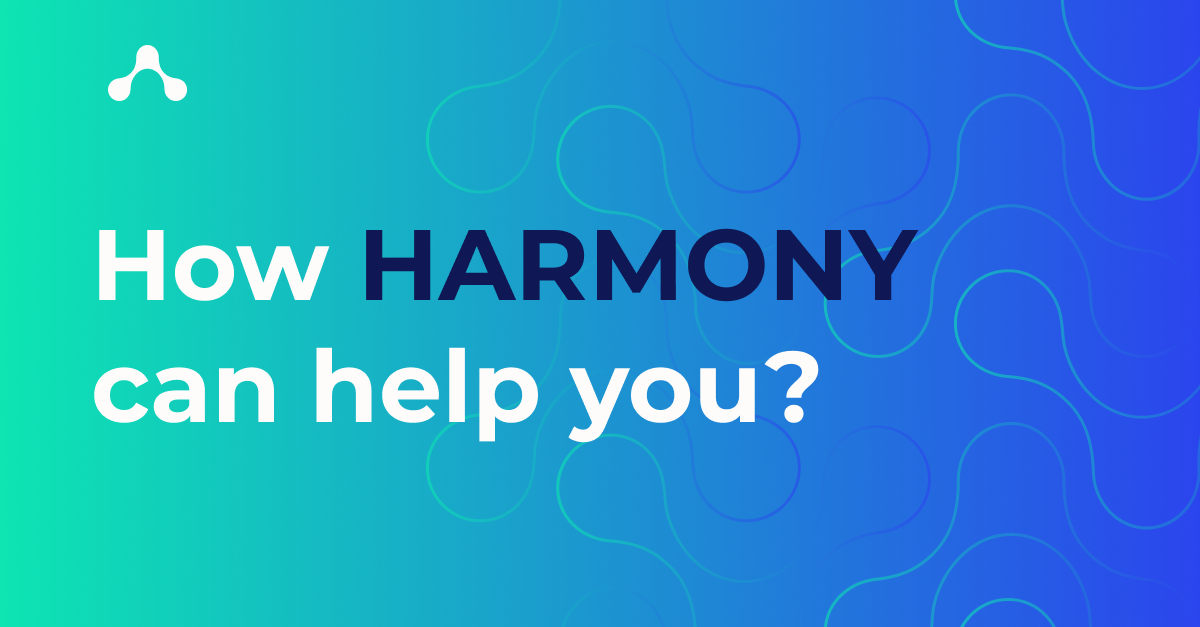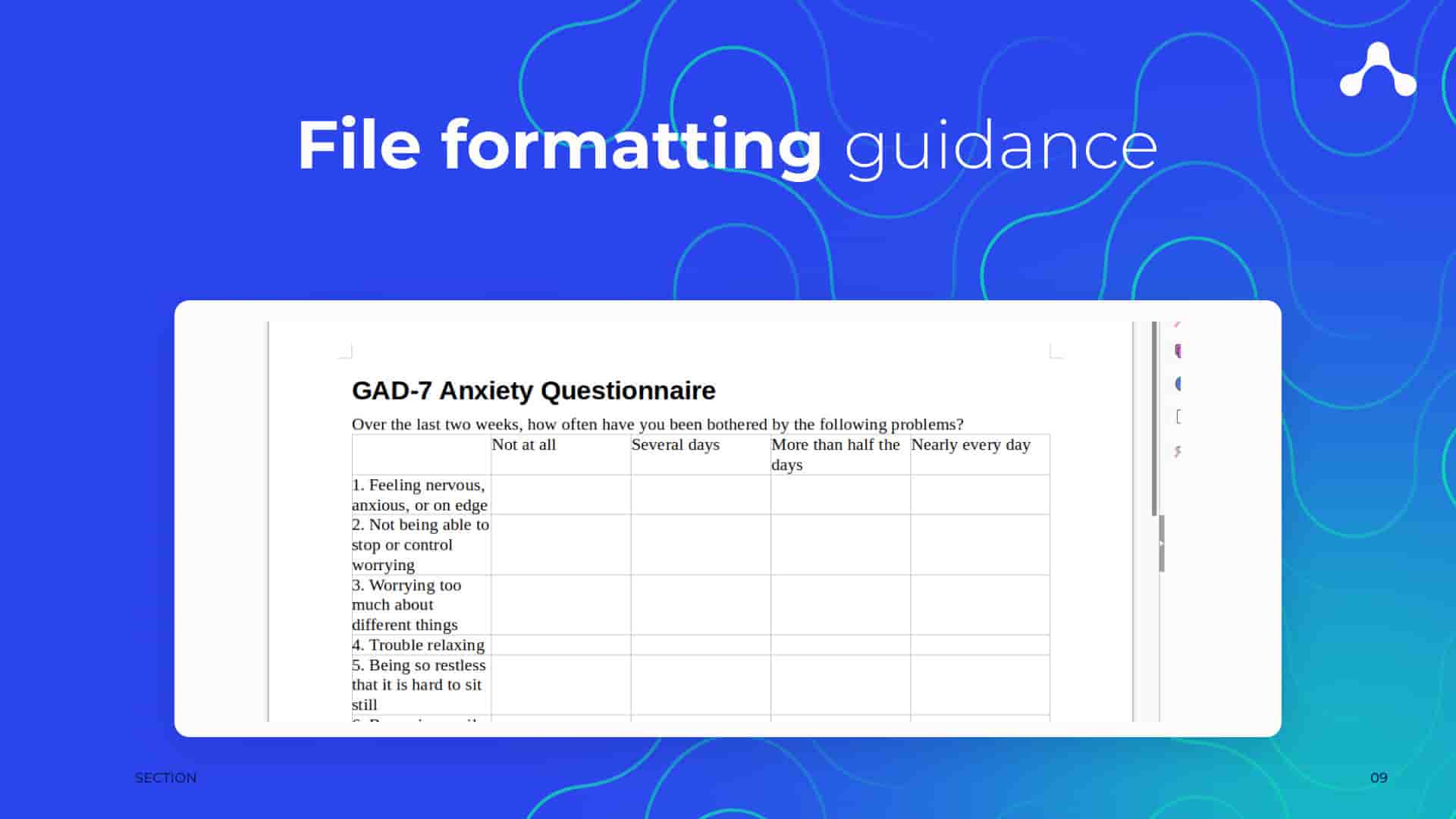What is Truly Harmonised Data: A Practical Overview
What is Truly Harmonised Data: A Practical Overview In the era of data-driven decision-making, the concept of harmonised data has emerged as a cornerstone for businesses aiming to leverage their data assets fully. However, despite its critical importance, there exists a significant gap between the perception and reality of data harmonisation in the business world. This blog post aims to demystify harmonised data, highlight the common misconceptions businesses have about their data being harmonised, and explore examples of content that have successfully attracted traffic on this topic.
What features would you like to see in Harmony?
Please fill out this form to give feedback on Harmony, an open source tool for social science.
Click here to view other people’s responses.
Harmony Orientation Session
Here’s the link to join our Discord, where you can find the event: https://discord.gg/harmonydata!
Announcing: Harmony Orientation Session! 🌐
Date & Time: Monday 19 February 2024, at 10am UK time
Location: Discord
Video of the event
Hey Harmony Community! We’re excited to invite you to our upcoming Orientation Session on Discord! Whether you’re new to Harmony or looking to dive deeper into our projects, this event is for you.
During the session, we’ll cover:
Data Harmonisation: Steps, Techniques, and Best Practices
Introduction In the digital age, data is often collected from multiple sources, leading to variability in formats, standards, and quality. Data harmonisation addresses these issues by transforming disparate data into a cohesive dataset, enabling better analysis, insights, and decision-making. It is essential for organisations looking to leverage their data assets across diverse systems and platforms.
Data harmonisation involves several key steps: preparing, transforming, and validating data. Additionally, it’s built on a foundation of best practices that ensure the integrity, accuracy, and usability of the harmonised data.
Ideas
Project ideas for future development of Harmony Accepted project ideas Below you can see the list of project ideas aligned with Harmony’s standards, all designed to elevate the functionality and accessibility of Harmony. These proposals aim to fortify Harmony as a comprehensive tool for researchers navigating questionnaire item harmonisation across diverse studies. Each idea maintains a clear scope, typically avoiding extensive overhauls. Quick-start guidelines and beginner-friendly tasks are provided for each idea.
Harmony on Kaggle
Harmony launches on Kaggle! We are proud to have launched our first competition on Kaggle!
The primary challenge of this competition is to develop an AI tool or method that can accurately extract questionnaire questions from documents, primarily PDFs.
This competition offers a unique opportunity for participants to contribute to the field of natural language processing and document analysis as well as open source for social science while developing solutions that have real-world applications.
Data Standardisation vs Harmonisation - The Right Things at the Right Times
Data Standardisation vs Harmonisation: The Right Things at the Right Times In the evolving landscape of data management, two concepts often come to the forefront: data standardisation and data harmonisation. Both play critical roles in how organisations manage and utilise their data, but they serve different purposes and are applicable in various contexts. This article delves into the nuances of each concept, particularly focusing on their significance in business and scientific environments.
What is data harmonisation - and why it matters in 2024
Data Harmonisation: Unifying Data for Deeper Insights What is Data Harmonisation? In today’s data-driven world, data harmonisation has become increasingly important. With data coming from disparate sources, it’s essential to ensure that this information is consistent, accurate, and usable. For example, in a large study in social sciences, such as a longitudinal study or meta-analysis, it is common that a researcher may want to combine data from different studies.
We can make data comparable by recoding variables from different studies, modifying them, or identifying which variables in one study match variables in another study.
How can I contribute to an open source project?
How can I contribute to an open source project? Your guide to contributing to open source projects
Are you feeling intimidated by the thought of stepping into the world of open source contributions? You don’t have to be an expert to help.
You might find this guide helpful: https://opensource.guide/how-to-contribute as well as the Reddit Opensource community.
1. Start small, think big:
Don’t feel pressured to tackle the most complex issues right away.
Formatting help
How should I format my file for Harmony? Harmony supports the following file types:
Word - download an example Word doc formatted for Harmony Excel - download an example Excel spreadsheet formatted for Harmony with two tabs for two questionnaires CSV - download an example tab separated CSV file formatted for Harmony PDF - download an example tabular PDF document formatted for Harmony If you want to upload multiple questionnaires in a single file, you can use Excel format and put them in separate tabs.









